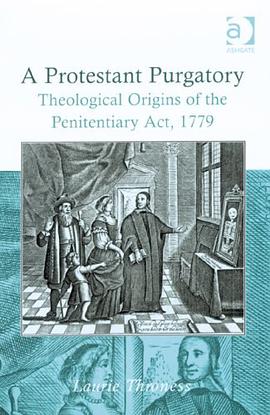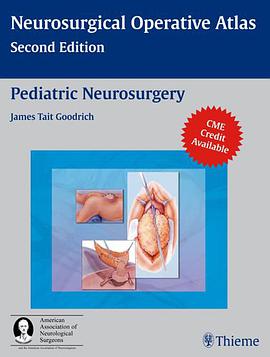

具体描述
The Penitentiary Act of 1779 marks the beginning of a significant shift in attitudes in Britain towards the punishment of criminals. Until the introduction of this act, penal legislation had rested primarily upon capital punishment and transportation, after 1779 however, long-term prison sentences increasingly became the norm. This book examines the role of protestant theology on the penal system of eighteenth-century England, emphasizing that this change had as much to do with evangelical theology as it did notions of enlightenment thinking.Whilst modern historians of crime admit that religion played an important role in the conception and practice of justice, relatively little work has been undertaken to assess just how these two pillars of early modern society interacted. At the core of this study is an examination of the theological background to the Penitentiary Act, a deeply theological piece of legislation that conflated punishment and hard labour with the ability to redeem sinners. Whereas Catholic theology stressed the role of purgatory after death, this study looks at how the Church of England fostered a sense of earthly purgatory for those convicted by the criminal justice system.Of interest to historians and theologians, this book provides a fascinating glimpse at the importance of religion, and particularly Protestantism as understood and preached by the Church of England, to the politics and social policy of the eighteenth-century British state.
作者简介
目录信息
读后感
评分
评分
评分
评分
用户评价
相关图书
本站所有内容均为互联网搜索引擎提供的公开搜索信息,本站不存储任何数据与内容,任何内容与数据均与本站无关,如有需要请联系相关搜索引擎包括但不限于百度,google,bing,sogou 等
© 2025 book.quotespace.org All Rights Reserved. 小美书屋 版权所有




















